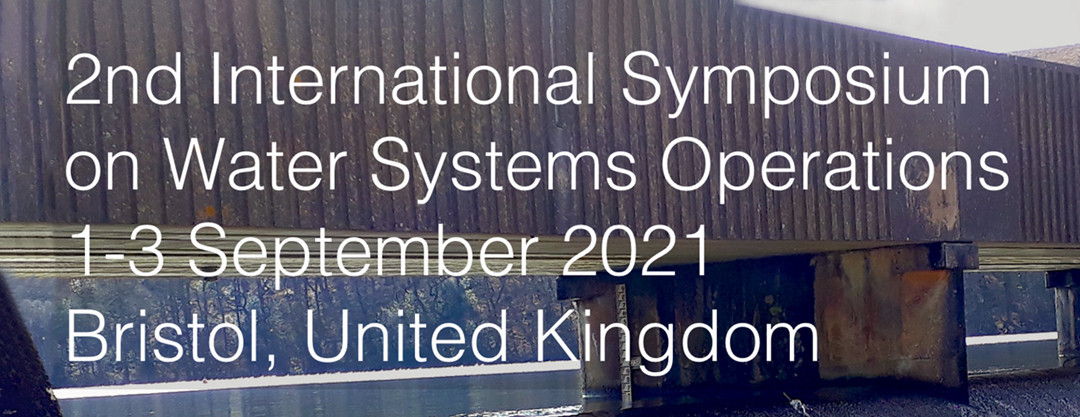
Water infrastructure such as reservoirs and diversion projects are essential to enhance water security, and their development has historically gone hand in hand with the socio-economic development of countries all over the world. However, dams and diversion projects typically have high financial, societal and environmental costs, often well beyond those anticipated at planning stage. While increased awareness of unintended impacts reduces the attractiveness of new developments, improving the efficiency of existing infrastructure has become of primary importance for achieving and maintaining water security, particularly in face of growing demand for water in a potentially warmer and drier future.
From a scientific perspective, several factors make this a very exciting time to design and experiment innovative solutions for the efficient management of water systems. Ever growing amount of information from new monitoring systems (such as smart sensors or remote sensing), combined with unprecedented computing power, opens up novel opportunities for developing, testing and implementing new modelling and optimisation approaches to assist and enhance water system operations. On the other hand, past experiences have extensively demonstrated that novel methods and tools need to be tailored to the needs and constraints of the users they are intended for, if they are to be effectively taken-up. Therefore, co-production of research between researchers and practitioners, transparency and reproducibility of testing experiments, and the development of workflows and effective visualisation should be integral part of research efforts in the field.
The Symposium will bring together researchers and practitioners in the field of monitoring, modelling and optimisation of water systems operations, to present recent advances, identify future research directions, and discuss how to accelerate the adoption of state-of-art methodologies by industry and policy-makers.
Themes and keywords
- remote sensing and data assimilation
- real-time operation
- hydropower optimisation
- demand modelling and management
- smart urban water management
- reservoirs networks
- diversion systems and water transfers
- decision-making under uncertainty
- downstream impacts of dams
- forecast value for operations
- modelling and visualisation tools
- academia-industry collaborations
- knowledge transfer
- co-production of research